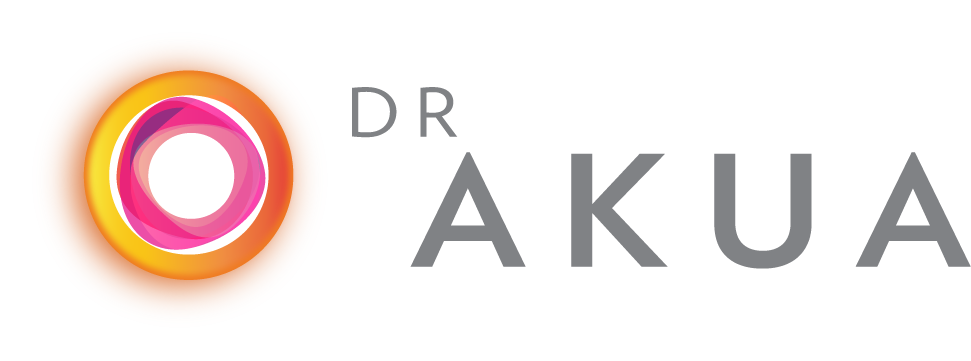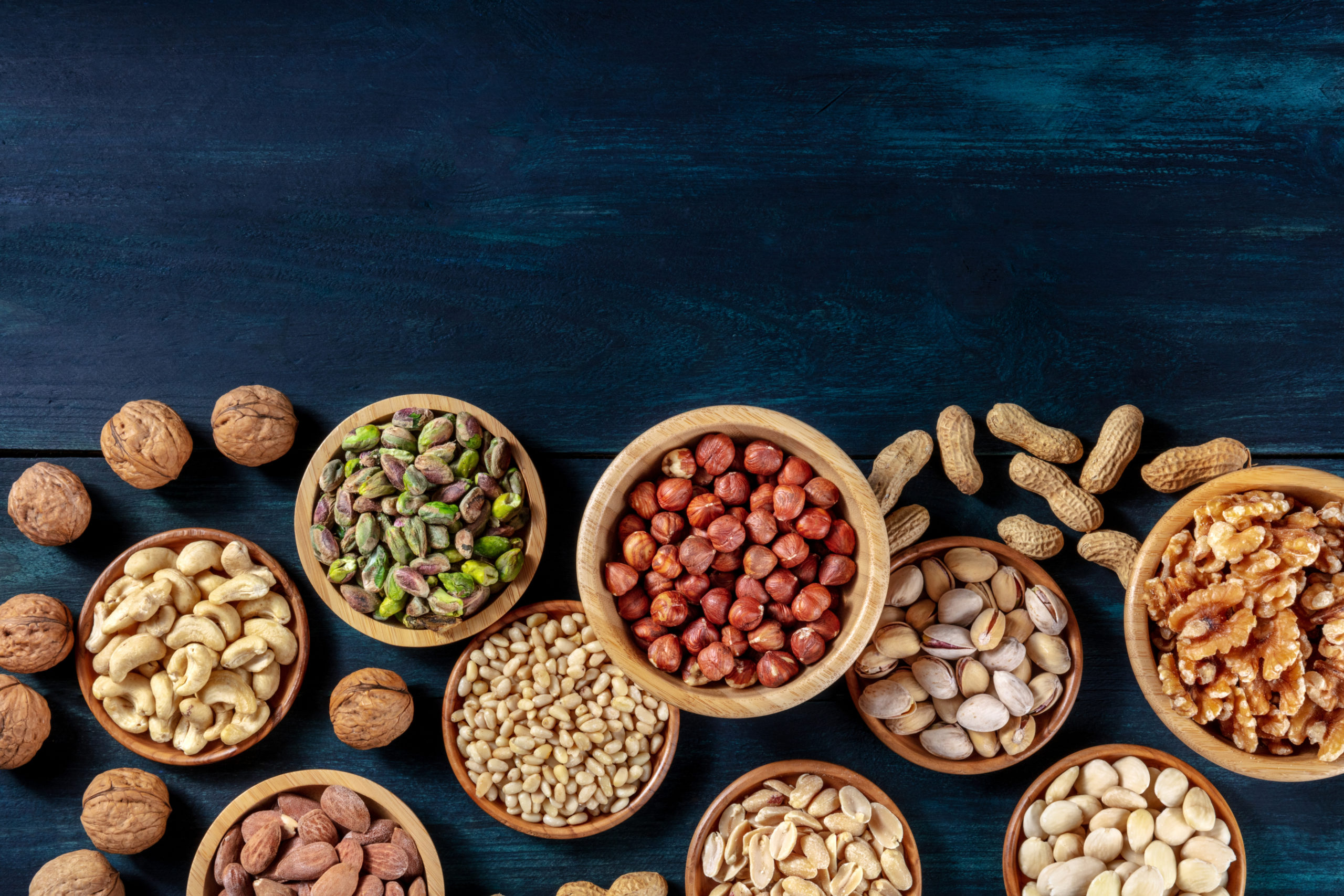What I Mean by “The Duality of Nutrition”
As you dig into my website, you might find some concepts you haven’t seen before: Words and phrases such as eating the rainbow, getting the most bang from every bite, and the S.A.D.
In this post, I am going to introduce another important concept that I believe is key to understanding nutritional science at a deeper level.
I’m talking about the duality of nutrition. Exploring the duality of nutrition is a fundamental part of what I do. It’s a huge part of what makes me unique in the world of expert nutritional advice!
So, let’s cut to the chase: What exactly do I mean by the duality of nutrition?
I mean that some foods don’t fall into neat buckets of “entirely good” or “entirely bad.” Yes, there are foods that you should avoid or minimize to optimize your health and happiness. These include fast foods, fried foods, processed foods, sugary drinks, and saturated fats.
However, many foods contain a symphony of components that cannot be easily characterized as good or bad. These foods have a balance of benefits and drawbacks that should be explored and fully understood.
What makes my approach and my website unique is that I embrace a complete conversation about food: The good, the bad, and all the gray areas.
For example, there are “good” foods that may do harm if you eat too much of them:
- Nuts and nut butters are great sources of protein and various nutrients, but they are also high in calories. Nuts (and seeds) should also be consumed unsalted and unroasted.
- Whole grains are rich in fiber and nutrients, but some people are sensitive to whole grains and experience painful symptoms after consuming them.
- Fresh fruits contain natural sugars that are much healthier than added sugars and artificial sweeteners, but they’re still sugars. Consuming too many of them can impact your blood sugar levels.
- Celery is high in fiber and low in calories, but it contains a surprisingly high amount of sodium.
Even some of the healthiest foods on the planet aren’t so healthy if you overeat them. All these whole, natural foods contain valuable nutrients, but it may be best to consume them in moderation to optimize their benefits.
Additionally, there are “good” eating habits that may give you a false sense of security if you don’t do them correctly. One perfect example is the growing trend of veganism or vegetarianism.
A vegan or vegetarian diet can be very healthy – if you do it the right way. However, I would caution vegans and vegetarians from building their diet around things like fake meat alternatives, packaged mac and cheese, baked goods and pastas made from refined flours, foods with added salts and sweeteners, candy, and chips. As I explore in detail in this piece, there is such a thing as an unhealthy vegan.
Our increasingly connected world of information can also be a source of confusion. There are foods that always seem to be at the center of the conflicting stories you’ll find every day on the internet. On Monday, you might read that coffee, eggs, wine, or chocolate are very good for you. Then, by Friday, you’ll read that they’re worse for you than previously thought.
The truth is that these headlines don’t tell the full story. I’m here to help you move beyond the headlines.
Let’s start by examining the reality of foods like coffee, chocolate, wine, and eggs. They’re prime examples of the duality of nutrition:
Coffee
Medical recommendations about coffee are mixed. While coffee has gotten a bad rap in the past, recent studies indicate that coffee consumption among healthy and active non-smokers may offer some protection against conditions such as Parkinson’s disease, Type 2 diabetes, heart disease, and stroke. There is some concern that coffee may increase risk for certain cancers, osteoporosis, and high blood pressure. However, newer research indicates that healthy adults may be able to safely consume up to three cups of coffee per day. The amount for pregnant and breastfeeding women is reduced to just 1-2 cups per day. Caffeine is not recommended for children. While the latest research shows some promise for coffee drinkers, it is probably best to limit consumption until researchers come to more definitive conclusions about its health impact. Also, pay attention to how it impacts you. Watch out for side effects, and cut back if you experience heartburn, nervousness, insomnia, headaches, frequent urination, rapid heartbeat, or muscle tremors. Coffee does not mix well with certain medications, such as ephedrine and theophylline. Talk to your doctor or pharmacist about whether caffeine might affect your medications.
Chocolate
The headlines that claim chocolate is good for you are true, but not just any kind of chocolate. Natural raw cacao contains beneficial nutrients, including enzymes, minerals, and flavonoids that are known to improve blood flow to the brain, lower cholesterol, reduce inflammation, prevent blood clots, and protect against heart disease. High-calorie chocolate bars, on the other hand, are not so good for you. The chocolate in popular candy bars is made by processing cacao to cocoa, then adding sugar, milk, and other ingredients. These steps counteract cacao’s health benefits. You may consider adding raw cacao to your diet. Mix ¼ to 1 teaspoon cacao powder into your protein shake or green smoothie or have a small piece of a bar made up of at least 70% dark chocolate after dinner.
Eggs
Eggs are a quick and easy way to have a high-protein breakfast. One egg contains about 6 grams of protein, and eggs provide important nutrients such as choline, biotin, and vitamin D, which helps to optimize bone health and immune functions. Egg yolks are also significant sources of the antioxidants lutein and zeaxanthin, which boost immunity and reduce the risk of cataracts and macular degeneration. On the flip side, egg yolks have high cholesterol content. A typical large egg contains 186 mg of cholesterol — more than half the amount recommended for daily consumption before the limit was dropped from federal guidelines. Although new research links egg consumption to health benefits such as improved cardiovascular health, it is important to be mindful of how much dietary cholesterol one consumes each day. If eggs are eaten with fatty meats and other animal products, your cholesterol intake can increase quickly. The way you prepare an egg is a big factor: Frying an egg can add more calories in addition to the 80 calories already found in a single egg.
Nuts, seeds, and avocados
Nuts, seeds, and avocados are wonderful sources of healthy fats that provide benefits to your brain, eyes, nervous system, and heart health. However, healthy fats are still fats. It’s best to limit your consumption to about half an avocado or half a handful of nuts or seeds per day. It’s important to reiterate that you should only eat raw, unroasted, and unsalted nuts and seeds.
Water
Water is about as healthy as it gets. I recommend starting your day off with a large glass of water before breakfast and staying hydrated throughout the day. BUT… there’s even a condition known as water intoxication! It is very rare, and it involves drinking an absurd amount of water in a very short period of time. This is a perfect example of how the healthiest things can be unhealthy when not consumed properly.
Wine
The occasional glass of wine can provide healthy benefits to your heart and brain. Notice I said the occasional glass of wine. It’s very important to limit your alcohol consumption. Excess consumption of alcohol has been linked to certain cancers and other conditions like digestive issues, liver disease, heart disease, high blood pressure, and stroke. Women should limit their alcohol consumption to no more than one glass of red wine per day, and men to no more than two glasses.
Now that you understand what I mean when I talk about the duality of nutrition, it’s time to discuss why that topic is so important – and how it should influence your daily eating habits.
How to approach the duality of nutrition in your diet
The duality of nutrition shines a light on the importance of diversity in your diet. If you only eat avocados or sweet potatoes or kale, you’ll starve your body of the important nutrients found in other whole, natural foods.
That’s one of the big issues with fad diets. Most fad diets focus on helping people lose weight, but a healthy diet isn’t simply about losing weight. Healthy eating means providing your body with the full range of nutrients it needs.
Most fad diets don’t do that. Instead, they cut corners to weight loss by limiting your diet to certain foods. This may help you drop a few pounds, but in an unhealthy and unsustainable way. In the end, you may end up gaining more weight than you lost.
That’s why eating the rainbow is so important. When you eat a wide array of colorful, natural, and whole plant-based foods, you are providing your body and mind with optimal fuel loaded with a wide range of nutrients. You are diversifying your body’s army of disease-fighters, immune-boosters, revitalizers, and builders.
Let’s have a complete conversation around food
A complete conversation around food means I don’t shy away from discussing the duality of nutrition. I don’t ignore the contradictions and complexities found within nutritional science. I won’t pretend that certain foods are completely healthy while others are completely unhealthy.
Understanding how nutrition can impact your life means acknowledging that many aspects of nutrition aren’t so straight forward. As you will see repeated throughout my website, I urge you to build a strong dietary foundation based on whole foods, mainly plants, and lots of colors. You can also make decisions that are right for you.
It is important to consider that the best nutrition plan for you involves a balance of nutrients that are custom-made for your medical situation, your stage in life, your race, your sex, and countless other factors that are unique to you. Your body will always tell you the truth. Pay close attention to how your body feels and how it responds to certain foods.
I understand that your relationship to food is unique and personal. That’s why I have the Ask Dr. Akua feature, where I will provide personal, private, and thoughtful answers for your questions about food. Simply submit a question on my Ask Dr. Akua page, and I will respond directly to you via email within 72 hours.

